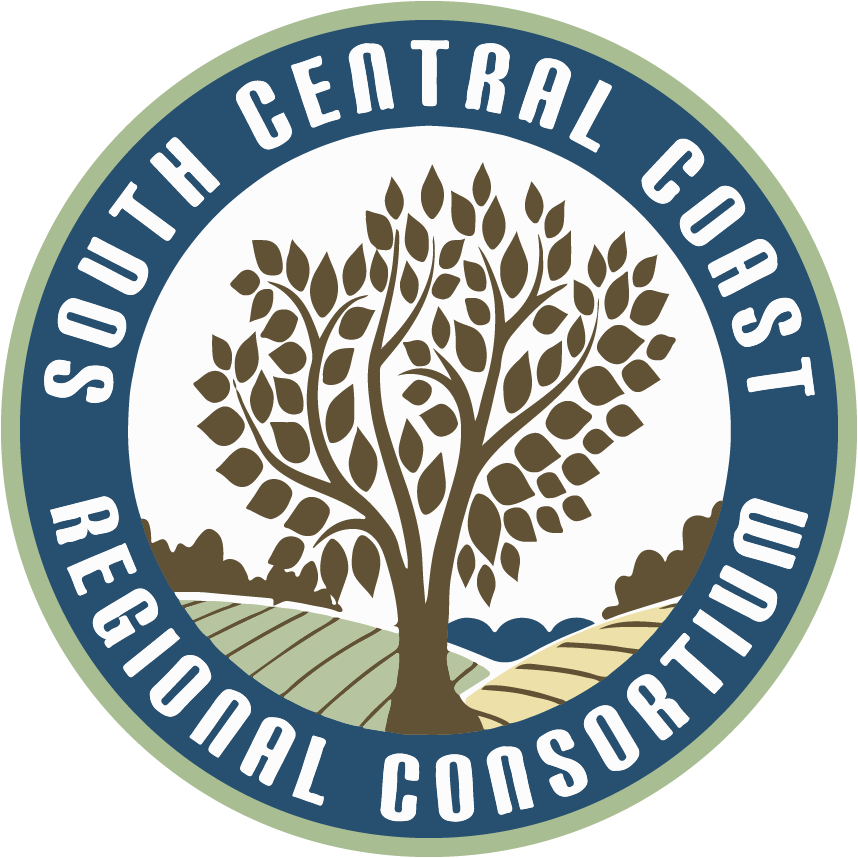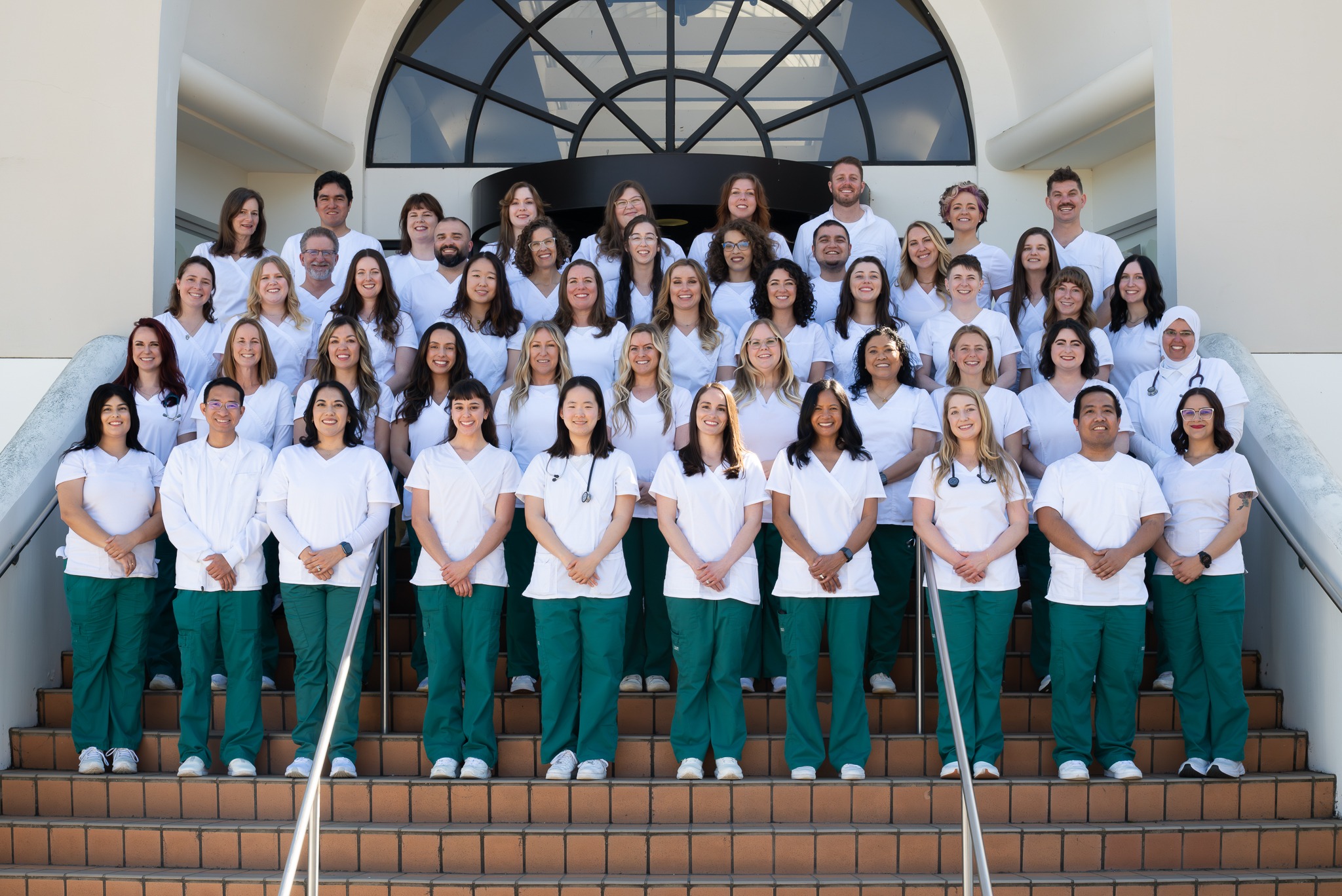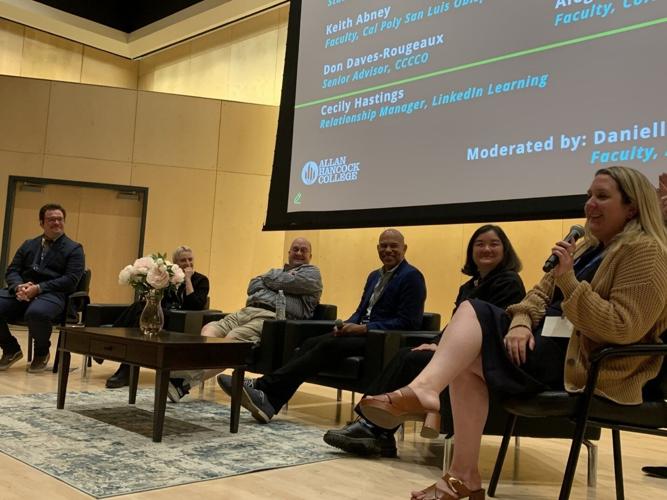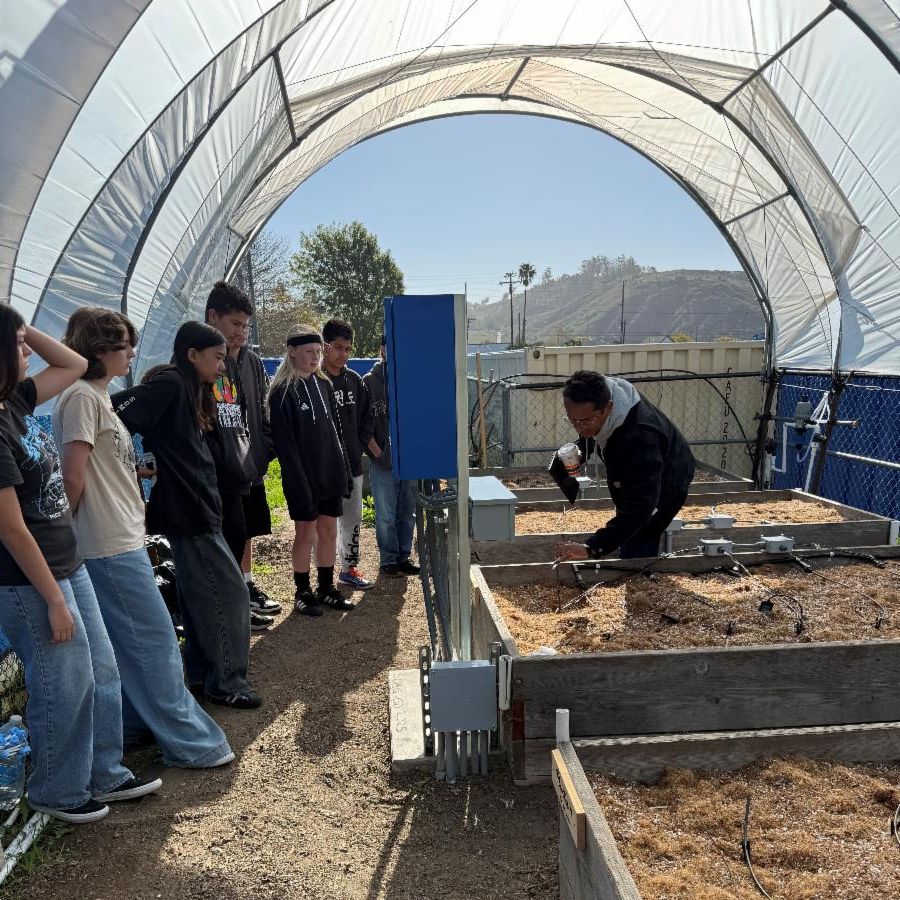The South Central Coast Regional Consortium (SCCRC) of community colleges is preparing the workforce of the future in the field of agriculture, water, and environmental technologies. The region – which includes San Luis Obispo, Santa Barbara, Ventura, and a portion of northern Los Angeles counties along the Central Coast – supports more than 80,000 jobs in the sector and was projected to have nearly 14,000 openings between 2017 and 2022. However, as the agriculture industry increasingly turns to technology, a shortage of people with technical skills to operate automated farming equipment, data management tools, sophisticated field monitoring platforms, and more is a top concern among employers.
“What’s really unique about this sector is that educational pathways were always well-developed at the secondary level with approximately 33 percent of CTE students in San Luis Obispo and Santa Barbara counties enrolled in agriculture programs, but the community colleges did not have any certificate or degree programs until recently,” said Holly Nolan Chavez, Regional Director of Employer Engagement for the agriculture, water and environmental technologies sector. “Today, seven of our regional community colleges are offering courses or programs in the agriculture, water, and environmental technologies sector, providing career opportunities for students who previously had to leave the region to find the training they needed for good, local jobs.”
Currently, more than 1,500 students are enrolled in programs across the region, which are supported with Strong Workforce Program (SWP) dollars. Among the SWP investments: a new plant science center with state-of-the-art equipment at Cuesta College, upgrades to the Environmental Horticulture Program at Santa Barbara City College, and the support of the Agriculture Program at Allan Hancock College, which offers degrees and certificates in agricultural business, agricultural plant science and agricultural science – all geared to help support a $4 billion regional industry.
Community college graduates in the area of agriculture, water, and environmental technologies will have the skills to choose careers ranging from soil and plant scientists and agricultural and food science technicians to farmers, ranchers and agriculture-related economists.
Colleges are doing their best to get the word out. Allan Hancock College, for example, sponsored a March 25 panel presentation focusing on careers in agriculture, one of several events aimed at growing interest – and enrollment – in the field. The SCCRC, meanwhile, is working with the Chef Ann Foundation in developing a pilot program that pairs community college students with local school districts for paid internships dedicated to scratch cooking in K-12 schools.
“Our focus is to promote sector-specific, career education programs in the region by evaluating the needs of business, industry, and government agencies and interfacing with K-12 and community colleges to develop pathways and training programs for students interested in pursuing careers in a particular field,” said Nolan-Chavez. “We are creating a viable career pathway for well-paying and living-wage jobs.”




